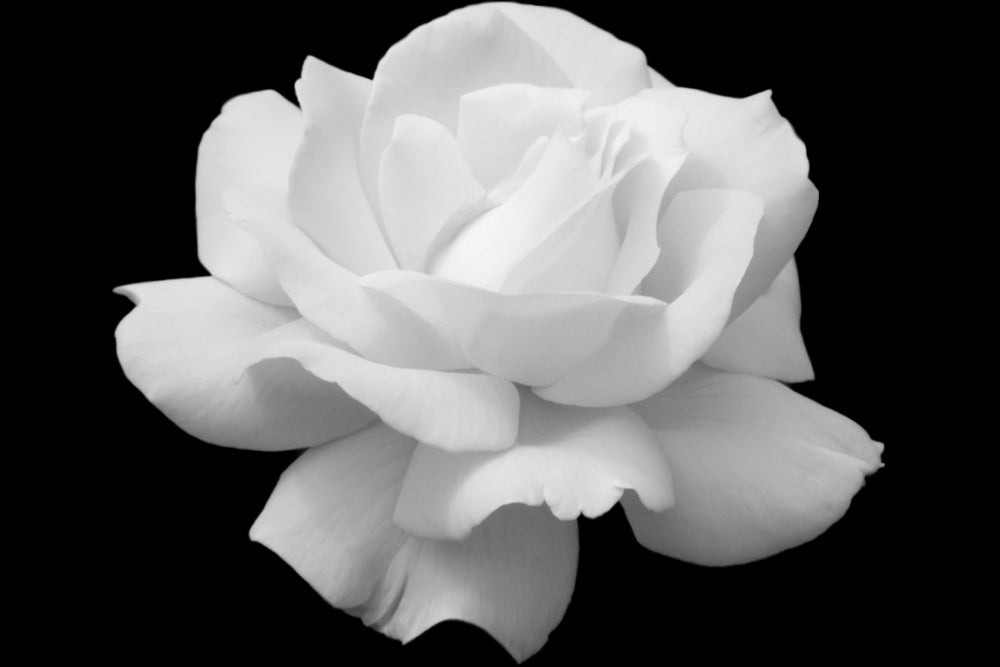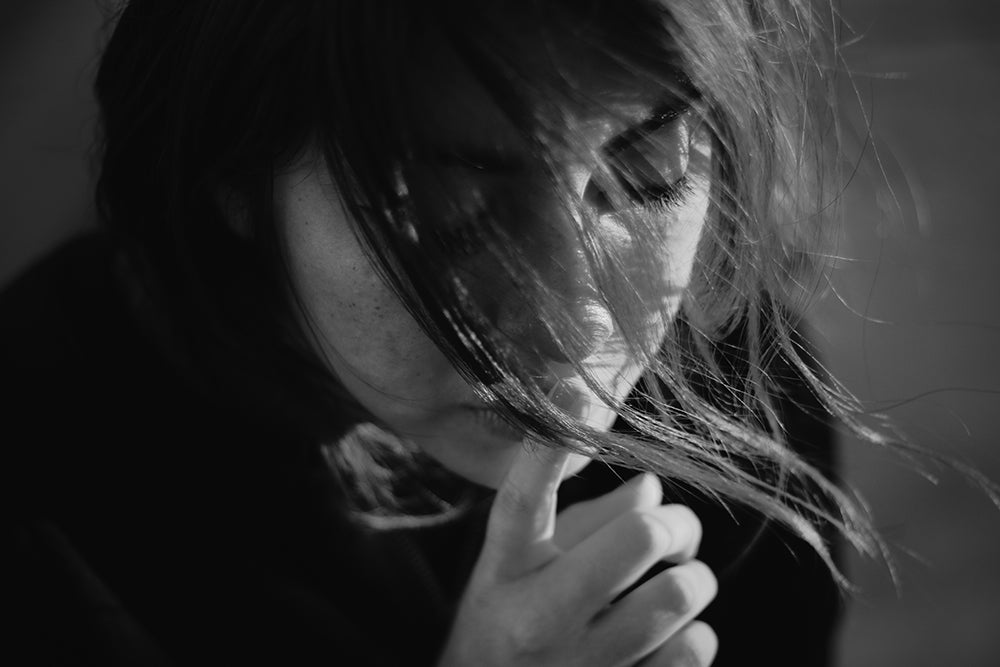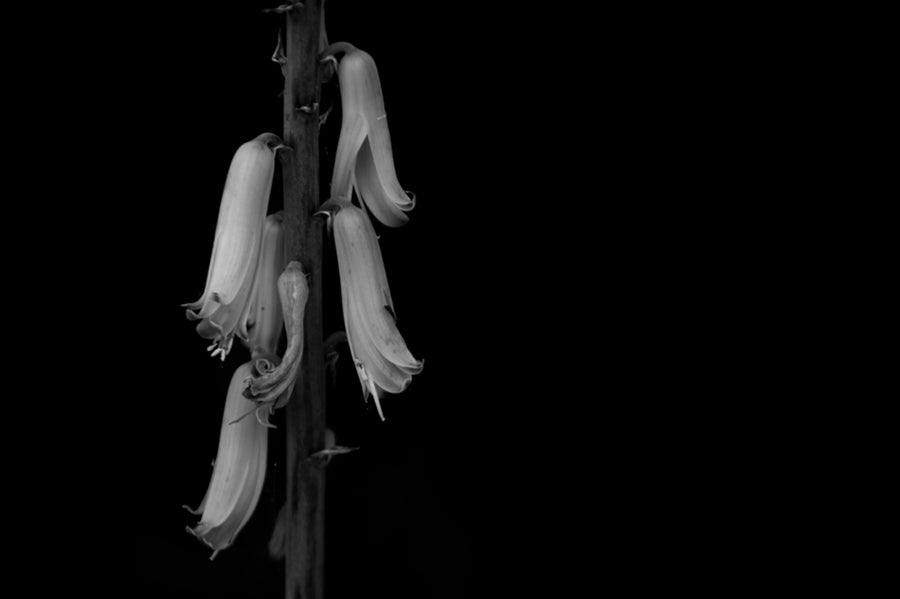
ingredient focus: rose

the bottom line
How red the rose...the alluring rose has a rich cultural history of beauty remedies dating back to Aphrodite, the Greek goddess of love and beauty. The Romans used rose petals to perfume their baths, and the original girl boss, Cleopatra, notoriously used rose petals on her bed for her lover Antony. In Ayurveda, the Shatapattri rose is used to balance the emotions and their effect on the heart, and fresh roses and rose oil are often used during meditation. In honor of the month of love, we’re re-visiting this treasured skincare ingredient.
first layer: the history
One of the most ancient flowers in the world, the rose is believed to have been cultivated in India 5000 years ago. The word “rose” itself is derived from the Latin word rosa, although according to Greek mythology it was famed beauty Aphrodite who gave it the name "rose". There are believed to be over 300 different species of this remarkable flower, including most notably Rosa damascena cultivated in Turkey, India, Pakistan, Russia, China, Bulgaria, and Iran, and Rosa centifolia, found in France, Egypt, and Morocco.1
The rose has a long cultural history, too. Roman emperors are said to have used rose petals to perfume their baths, for the decoration of banquet halls, and for medicinal purposes. Queen Cleopatra, as we’ve noted, was very generous with her use of rose petals both in her bath and on her bed. The Chinese loved the rose too, and cultivation was popular during the Han dynasty. Confucius himself is said to have remarked upon the growth of roses in the Imperial Gardens. Avicenna, an Arab physician, wrote of the healing benefits of rosewater prepared using rose petals in pure water under sunlight. It is said that rose oil was originally discovered in India when a celebrated King held his daughter’s wedding ceremony. As a part of the wedding decoration, the moat surrounding the castle was filled with rose petals. After some time, the water was noted for its sweet smell, thus inspiring the extraction of rose essential oil. Alexander the Great was so captivated by the rose gardens during his visit to India that he reportedly introduced the cultivation of roses in Europe. Ayurvedic physicians used the rose to great effect, too, believing it to balance sadhaka pitta, which controls the emotions and their effect on the heart, and prana vata, which governs the mind, sensory perception, head, chest and respiration. Rose oil is also believed to aid the heart chakra. For these reasons, fresh roses and its oil are still used in India during prayers and meditation.1,2
second layer: the science
Rose petals, rose essential oil, rosewater, and rose vinegar have all been prescribed for their aphrodisiac, anti-depressant, antiseptic, antiviral, and antibacterial properties. And the science supports the beauty – Rosa damascena has repeatedly been shown in scientific studies to exhibit antiviral effects against such viruses as human immunodeficiency virus (HIV) and Haemophilus parainfluenza type 3. Antibacterial activity has been shown against a host of species, most notably Staphylococcus epidermis and Staphylococcus aureus, two little bugs that like to live on our skin. Rose also has anti-tumor effects and has been shown to be toxic to cancer cells. The anti-oxidant activity of the rose is evident in almost all forms, including rose absolute, rose essential oil, and rosewater. In line with our celebration of February 14, rose essential oil has even demonstrated positive effects on both mood and libido.3
Don’t confuse the rose (Rosa damascena) with rosehip (Rosa canina). Both produce amazing oils, but their effects on skincare are quite different and they are derived from different parts of their respective plants.4
third layer: the beauty
So how does all of this glorious science translate into skincare perks? The benefits of the rose for skincare are numerous. Rosewater, the distilled essence of rose petals, is not only astringent, but also has anti-inflammatory and anti-septic properties. Rose hydrosol, on the other hand, is the flower water collected when the rose itself is steam-distilled for its essential oil. It tends to be more scented than rosewater but can also be used as a refreshing and hydrating toner.5
Rose oil is extracted by distilling the flower. The water collected from the process contains herbal extracts as well as the oil, which is then collected for use. Rose oil is highly fragrant and ideal as an aphrodisiac, but also has anti-microbial qualities. Rose absolute is also obtained from the flower, but is extracted by use of a solvent, and is primarily used for its heady scent. Even the petals themselves are useful, as the powder of dried and crushed rose petals can provide an astringent effect.
fourth layer: how to use it
How you put this gorgeous botanical to use will depend on your skincare goals. For a beautiful and simple toner, try pure rosewater. Rose hydrosol spritzed onto the face is a hydrating fix for makeup. Crushed dried rose petals added to your dry masque will tone and exfoliate, while a few drops of rose oil help to balance the skin. And finally, for the ultimate lift (pun completely intended), try a few drops of rose absolute.
A little plug: anokha loves the rose for skincare, too. Find its distilled water in our award-winning lotus flower & rosewater toner.
All this and more at www.anokhaskincare.com .
Add a layer by joining our newsletter: http://bit.ly/anokha_layers
xx
anokha
references:
5http://www.herbhedgerow.co.uk/what-is-a-hydrosol/#ixzz6CqYkeWej



leave us a comment
This site is protected by hCaptcha and the hCaptcha Privacy Policy and Terms of Service apply.